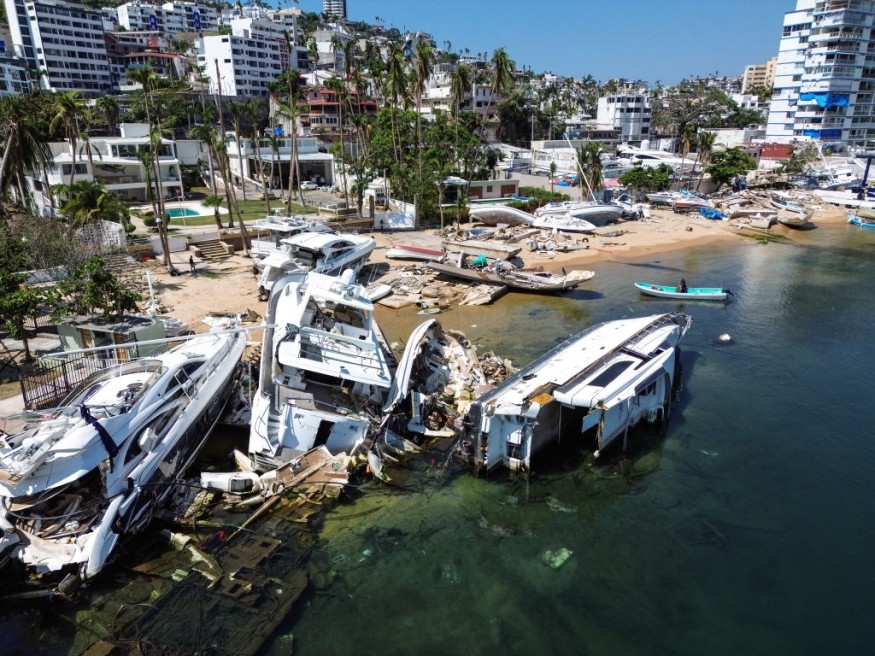The latest report raised concerns about the intensifying global hurricane conditions due to climate change and warming temperatures.
Hurricanes can damage properties, infrastructure, and human lives. Understanding hurricane impacts is essential for better weather prediction and forecasts, particularly for vulnerable communities.
Climate change, which is increasing due to greenhouse gas emissions, can result in alarming concerns. It can bring extreme weather conditions, including the following:
- hurricanes
- heat waves
- drought
- wildfires
Global Hurricane Conditions and Warming Effects

The research findings, which studied the impacts of tropical cyclones (TCs) and potential substantial coastal damages, were published in Earth's Future. Having improved insights into tropical cyclone intensification can significantly help vulnerable communities, especially in low-lying areas.
Researchers, led by experts from the Department of Energy's Pacific Northwest National Laboratory, raised concerns that coastal hurricanes have intensified faster due to changing coastal conditions since 1979, particularly the nearshore hurricanes.
The study discovered that the intensification rate increased from 1979 - 2000, and 2000 to 2020, warning that it could exacerbate due to warming conditions.
The report reveals that the global coastlines also intensified near the coastal areas. The researchers noted that the intensification rates could become faster due to increased humidity and weakening wind shear.
However, the researchers noted that intensifying hurricanes did not show in areas on the west coast of Mexico. The increasing threats can lead to significant implications for coastal communities. The study findings can help decision-makers, weather agencies, and forecasters better predict weather amidst the concerns of climate change and global warming.
Decreasing Hurricane Moisture
Furthermore, the researchers investigated hurricanes originating from the Eastern Pacific, noting that they could influence the emergenc of wildfires in the Southwestern United States.
When there is a decrease in hurricane moisture, it can potentially increase the risk of fires in the U.S. However, the researchers explained that there is a need for more research to study Eastern Pacific hurricanes and wildfires.
Understanding the relationships and cascading effects of changing weather patterns can mitigate the risks of stringer hurricanes and extreme weather events.
A recent Nature World News (NWN) report found that climate change can worsen the impacts of hurricanes and other weather events. For instance, the frequency of wildfires and drought devastates wildlife and communities.
Prolonged drought and water levels can potentially cause a surge in crop prices. Additionally, it can damage wildlife, which is sensitive to temperature fluctuations.
The frequency of extreme weather will be more challenging for communities, particularly for low-lying or flood-prone areas. As hurricanes intensify, countries should develop improved climate predictions and protection for communities near coastal areas.
Related Article : Global Impacts Of Climate Change Set To $38 Trillion A Year By The Middle of The Century, Study Says
For more similar stories, don't forget to follow Nature World News.
© 2025 NatureWorldNews.com All rights reserved. Do not reproduce without permission.





